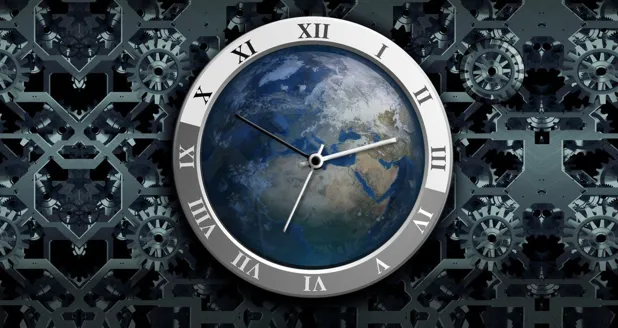Difference Between GMT and West Africa Time (WAT) for Scholarship Applicants

Greenwich Mean Time (GMT) and West Africa Time (WAT) are two different time zones used in various parts of the world.
Understanding the difference between them is crucial for scholarship applicants to accurately interpret deadlines and event schedules.
💡 Keypoint
The primary difference is the time offset. WAT is one hour ahead of GMT.
For instance, when it is 10:00 AM GMT, it is 11:00 AM WAT. Similarly, when it is 12:00 noon GMT, it is 1:00 PM WAT.
Table of Contents
Why Scholarship Providers Use GMT?
Scholarship providers often use GMT as a standard reference time for announcing deadlines and event schedules because of its global recognition.
This practice simplifies the process for applicants from different countries to convert to their local time.
What is GMT?
GMT, or Greenwich Mean Time, is the mean solar time at the Royal Observatory in Greenwich, London. It historically served as the reference point for the world’s timekeeping.
GMT is based on the Earth’s rotation relative to the Sun and does not involve any daylight saving adjustments. It is widely used in aviation, maritime activities, and global communications as a standard reference time.
What is WAT?
WAT, or West Africa Time, is the time zone for much of West Africa, including countries such as Nigeria, Ghana, Senegal, and Côte d’Ivoire. WAT is UTC +1, meaning it is one hour ahead of Greenwich Mean Time (GMT).
Similar to GMT, WAT does not observe daylight saving time adjustments.
Key Differences Between GMT and WAT
The primary difference between GMT and WAT lies in their time offset:
- GMT (Greenwich Mean Time): This is UTC +0, meaning it corresponds directly to the time at the prime meridian (0° longitude) without any additional adjustments.
- WAT (West Africa Time): This is UTC +1, indicating that it is one hour ahead of GMT. For example, if it is 12:00 noon GMT, it will be 1:00 PM WAT.
By understanding these differences, scholarship applicants can better manage their time and ensure they meet all necessary deadlines and schedules accurately.





